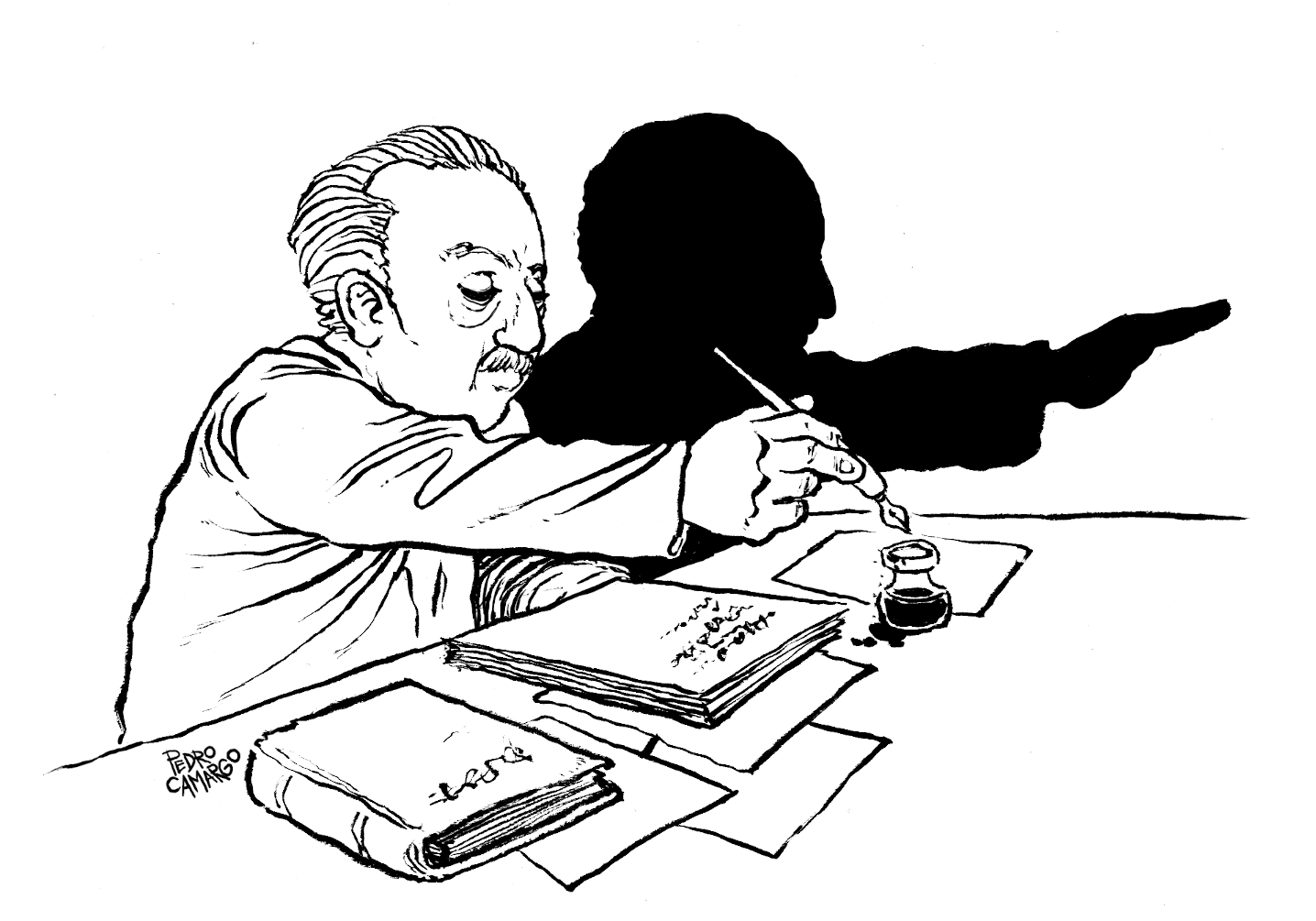Review: Benjamin Shepard, Sustainable Urbanism and Direct Action: Case Studies in Dialectical Activism (Lanham: Rowman & Littlefield, 2021)
In Sustainable Urbanism and Direct Action: Case Studies in Dialectical Activism, Benjamin Heim Shepard takes readers on a wide-ranging tour of urban activism, mainly in New York City. He defines sustainability broadly, integrating work for climate justice, community gardens and bicycling with organizing around sex work, libraries, harm reduction, and housing. Sustainability, here, means cities that work for all of the different people that make up the majority of their populations, not for the minority that governs and profits. Fun, pleasure, play, and love are all essential in this vision of the city. In this book, as in the real world, the ecology of the city integrates people, the built environment, and the natural environment.

Shepard, an indefatigable longtime activist and a professor of human services at New York City College of Technology, was and is a participant in many of the movements he analyzes. This book feels personal. At times it feels like a journal. It is also animated by others’ first-person accounts and analyses, shared through long excerpts of his interviews with activist-thinkers like L.A. Kauffman, Bill Weinberg, and Jerry “The Peddler” Wade, as well as excepts from the ACT UP Oral History Project. This book is about dialectical activism; it is also deeply dialogical, full of conversations, debates, and stories. A section on the 2015 Paris World Climate Change Conference is built around day by day accounts, and includes extended transcripts of conversations and debates among activists alongside high tension blow-by-blow action stories. When this book is critical of the movements and people described, it is lovingly so.using dialecticism as a theoretical framework, Shepard creates space for contradictions that do not need to be neatly resolved. He tells the story of Adam Purple and his famous garden, painting Purple both as a heroic artist and as a sexual abuser who created solo works of genius but failed to build community or organize others, and caused deep and extensive harm.
While he does deploy an overarching theoretical framework, it is not a rigid one, and the book and the stories sprawl beyond the confines of any imposed structure. It feels kaleidoscopic. It feels like a collage. As one reads through it, people reappear and bits of narrative and ideas and case studies repeat from one chapter to the next, in part probably because many of these chapters were written originally as standalone articles, but also because in real life these issues are inextricably intertwined. Shepard argues that a dialectical framing allows us to move beyond false either/or choices: gardens vs. housing; reform vs revolution. In the structure of this book, he shows us how activists are actually integrating these supposed binaries already – bringing knowledge from ACT UP and Earth First! and Reclaim the Streets to community garden activism, building a movement for sustainable and fun transportation over generations. Dialectical theory weaves these stories together, but bikes do it perhaps even more effectively: so many of these stories begin or end with bike rides, cyclists stitching the city together, crossing bridges and building bridges, riding at night and in the day, naked and reading poetry, illicitly and with massive police escorts.
The activism described in this book is often an “activism of everyday life.” Shepard argues that “through such low-threshold endeavors, everybody can take part in shaping their city as a livable work of art”(40). However, DIY activism is not presented in opposition to activism that aims to change policy, but as part of it – we also see over a thousand miles of bike lanes being built, hundreds of community gardens being preserved, a beloved library saved. Shepard shows how these wins are grounded in decades of movement building and creativity. And in a final chapter written after the summer of 2020, during the Covid pandemic, we see how all of this activist knowledge and history becomes redeployed in a new moment, as AIDS activists teach us how to navigate risk in a plague, bike activists deliver food around the city, and Black Lives Matter marches fill the streets with people and, of course, many, many bikes.
Amy Starecheski is director of Columbia University’s Oral History Master of Arts program.

